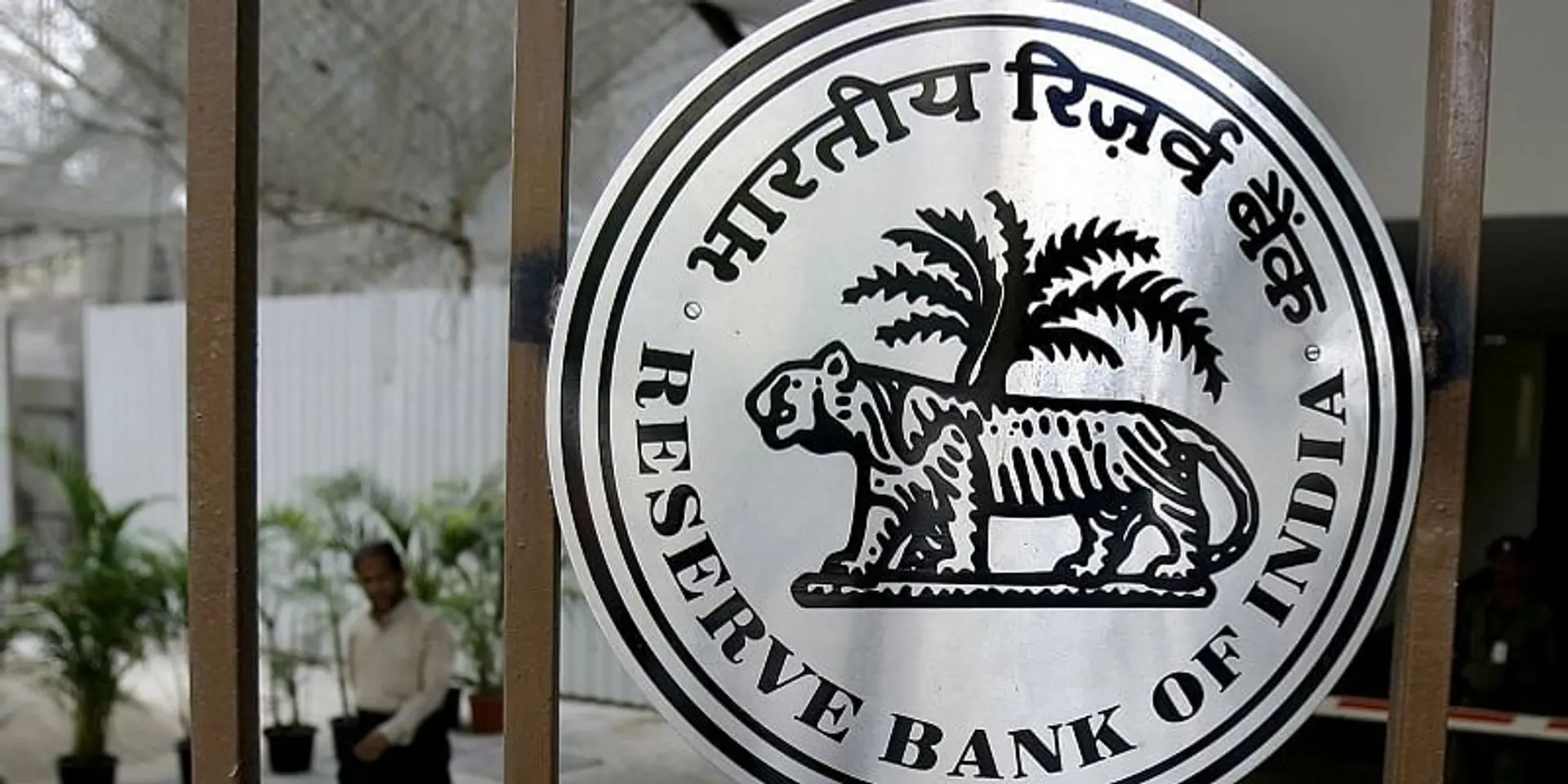RBI proposes guidelines to regulate credit risk models
Credit risk models, which assist in credit appraisal, borrower scoring, pricing, and risk management, are inherently uncertain due to their reliance on assumptions that may not always hold true in real-world scenarios, RBI noted.
The Reserve Bank of India (RBI) has released a draft circular on the "Regulatory Principles for Management of Model Risks in Credit" to address potential risks from the use of various credit management models by Regulated Entities (REs).
These models, which assist in credit appraisal, borrower scoring, pricing, and risk management, are inherently uncertain due to their reliance on assumptions that may not always hold true in real-world scenarios, RBI said in a press release.
In India and other parts of the world, most lending startups and non-banking financial companies such as LendingKart, MoneyTap, and Axio use such statistical, economic, financial, or mathematical principles (often dubbed as AI/ML models) and assumptions to process data into an output for credit decisions.
The draft circular outlined three broad regulatory principles to ensure the robustness and prudence in the use of such models:
- Governance and oversight: REs must have a Board-approved policy for model risk management, detailing governance, oversight, documentation, validation, and monitoring processes, including the use of third-party models.
- Model development and deployment: REs must ensure models, whether internally developed or outsourced, are robust, well-documented, scalable, unbiased, and integrated with core banking systems, with deviations properly documented.
- Model validation framework: REs must implement an independent model validation process, reviewing assumptions, data accuracy, compliance, and performance, with yearly reviews and supervisory evaluations, including for outsourced models.
RBI has also invited comments on the draft from the public and stakeholders by September 4, 2024.
Edited by Kanishk Singh







